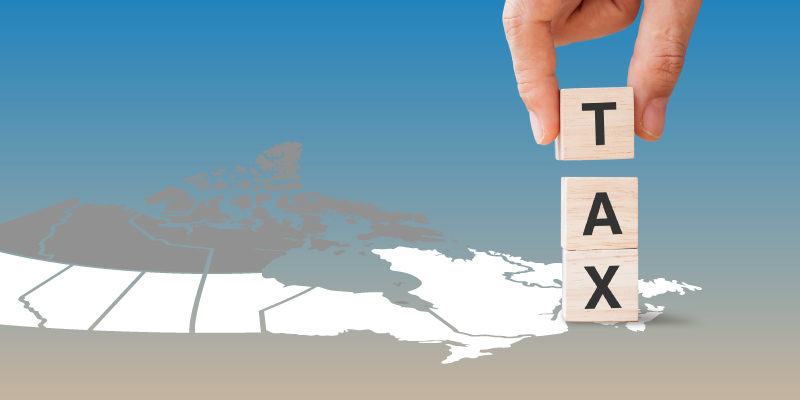ESG: Myths and Realities is a new essay series that highlights the misunderstandings and simplifications of Environmental, Social and Governance investing—ESG investing for short. This third essay, ESG Investing and Asset Returns, finds that, according to a broad review of existing research, there's no conclusive evidence that investing in companies with higher ESG rankings produces higher returns for investors. Therefore, there’s also no conclusive evidence to suggest that a more expansive ESG reporting regime, mandated by government in Ottawa or elsewhere, will produce benefits to investors or society more broadly.
 Read the Second Chapter - The Fiscal Impact of COVID-19 on Canada and the Provinces
Read the Second Chapter - The Fiscal Impact of COVID-19 on Canada and the Provinces Read the First Chapter - The Economic Impact of COVID-19 on Canada and the Provinces
Read the First Chapter - The Economic Impact of COVID-19 on Canada and the Provinces View the Infographic - Fiscal Impact on Canada
View the Infographic - Fiscal Impact on Canada View the Infographic - Fiscal Impact on Atlantic Canada
View the Infographic - Fiscal Impact on Atlantic Canada View the Infographic - Economic Impact on Canada
View the Infographic - Economic Impact on Canada View the Infographic - Economic Impact on Atlantic Canada
View the Infographic - Economic Impact on Atlantic Canada Read the News Release
Read the News Release






